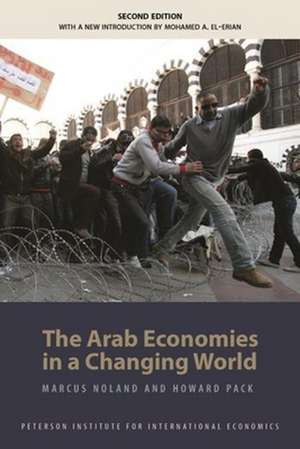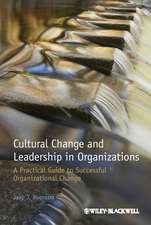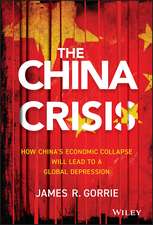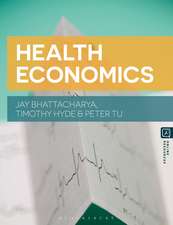The Arab Economies in a Changing World
Autor Marcus Noland, Howard Pack, Mohamed El–erianen Limba Engleză Paperback – 14 aug 2011
| Toate formatele și edițiile | Preț | Express |
|---|---|---|
| Paperback (2) | 206.03 lei 43-57 zile | |
| Peterson Institute for International Economics – 16 mai 2007 | 206.03 lei 43-57 zile | |
| Peterson Institute for International Economics – 14 aug 2011 | 207.19 lei 43-57 zile |
Preț: 207.19 lei
Nou
Puncte Express: 311
Preț estimativ în valută:
39.64€ • 41.50$ • 32.80£
39.64€ • 41.50$ • 32.80£
Carte tipărită la comandă
Livrare economică 07-21 aprilie
Preluare comenzi: 021 569.72.76
Specificații
ISBN-13: 9780881326284
ISBN-10: 0881326283
Pagini: 362
Dimensiuni: 152 x 228 x 31 mm
Greutate: 0.54 kg
Ediția:Revised.
Editura: Peterson Institute for International Economics
ISBN-10: 0881326283
Pagini: 362
Dimensiuni: 152 x 228 x 31 mm
Greutate: 0.54 kg
Ediția:Revised.
Editura: Peterson Institute for International Economics
Notă biografică
Marcus Noland, executive vice president and director of studies, has been associated with the Institute since 1985. From 2009 through 2012, he served as the Institute's deputy director. His research addresses a wide range of topics at the interstice of economics, political science, and international relations. His areas of geographical knowledge and interest include Asia and Africa where he has lived and worked, and the Middle East. In the past he has written extensively on the economies of Japan, Korea, and China, and is unique among American economists in having devoted serious scholarly effort to the problems of North Korea and the prospects for Korean unification. He won the 2000¿01 Ohira Memorial Award for his book Avoiding the Apocalypse: The Future of the Two Koreas.
Howard Pack has been a professor of business and public policy and professor of economics at the Wharton School (University of Pennsylvania) since 1986. He has been a professor of management there since 1995 and was the professor of city and regional planning (1986-94). He has also taught at Swarthmore College and Yale University. He has served as a consultant for a host of World Bank projects over the past three decades and has been an adviser to the Bank's Global Development Network since 1999. He is the author or coauthor of Industrial Policy in an Era of Globalization: Lessons from Asia (2003), Productivity, Technology and Industrial Development (Oxford University Press, 1987) and Structural Change and Economic Policy in Israel (Yale University Press, 1971).
Howard Pack has been a professor of business and public policy and professor of economics at the Wharton School (University of Pennsylvania) since 1986. He has been a professor of management there since 1995 and was the professor of city and regional planning (1986-94). He has also taught at Swarthmore College and Yale University. He has served as a consultant for a host of World Bank projects over the past three decades and has been an adviser to the Bank's Global Development Network since 1999. He is the author or coauthor of Industrial Policy in an Era of Globalization: Lessons from Asia (2003), Productivity, Technology and Industrial Development (Oxford University Press, 1987) and Structural Change and Economic Policy in Israel (Yale University Press, 1971).










